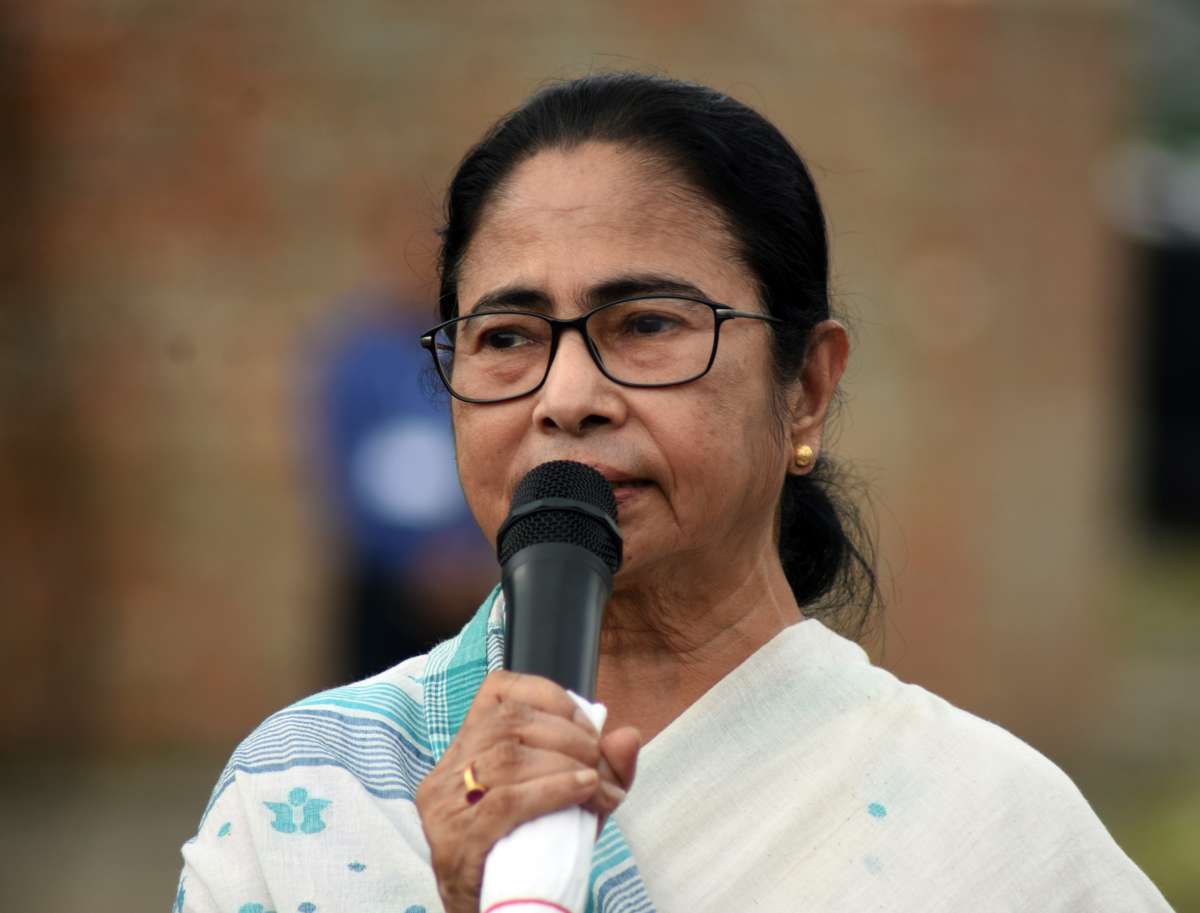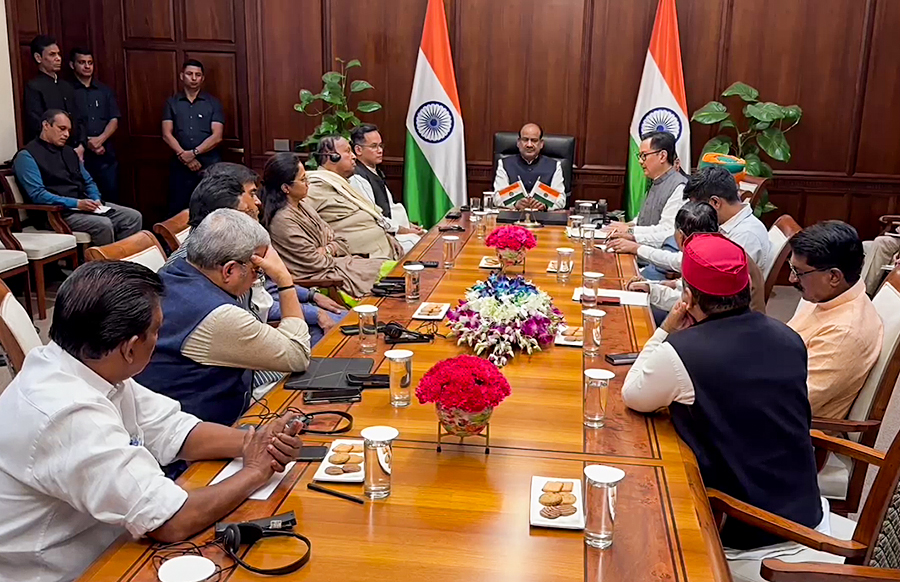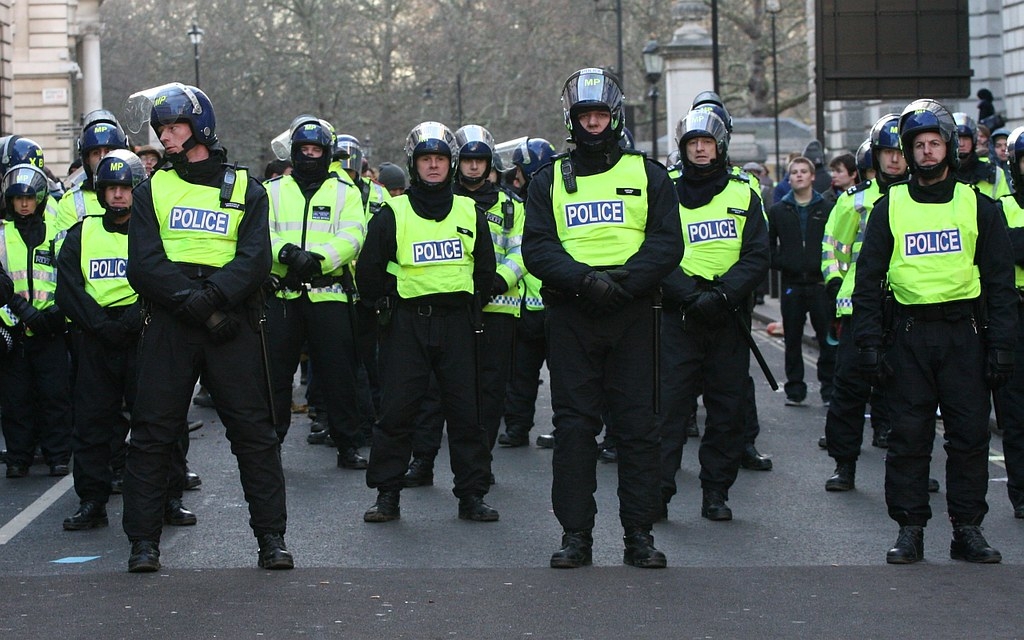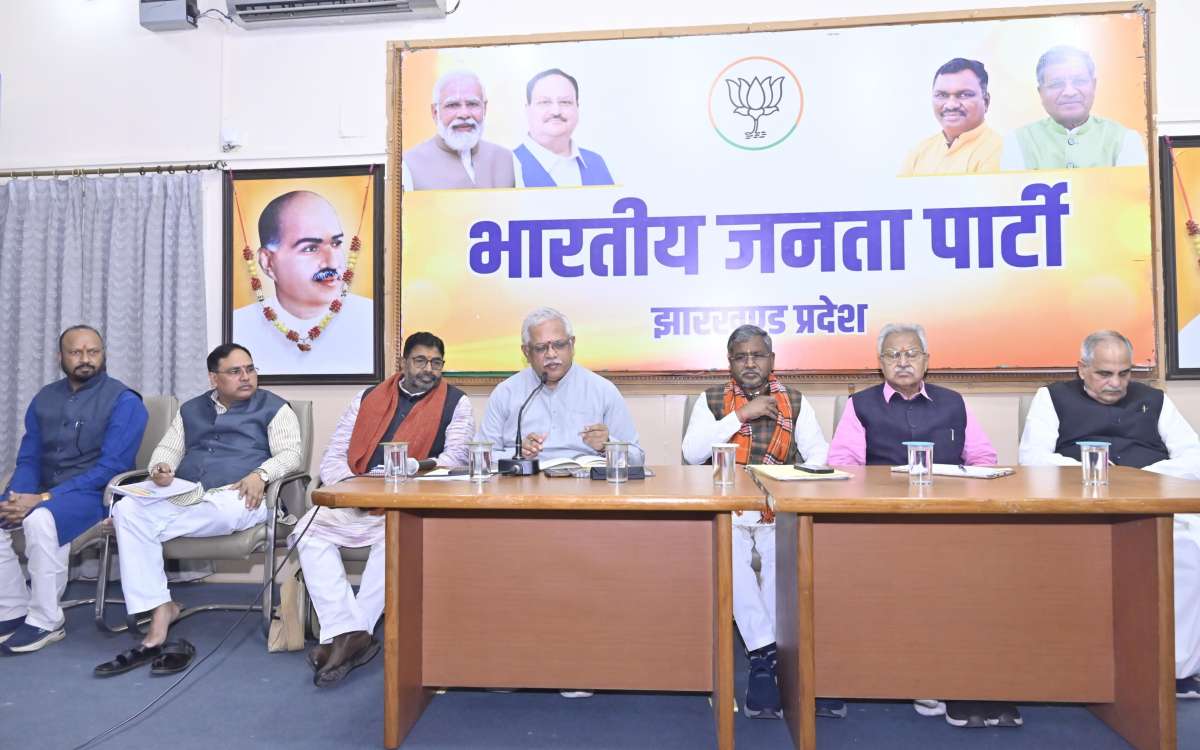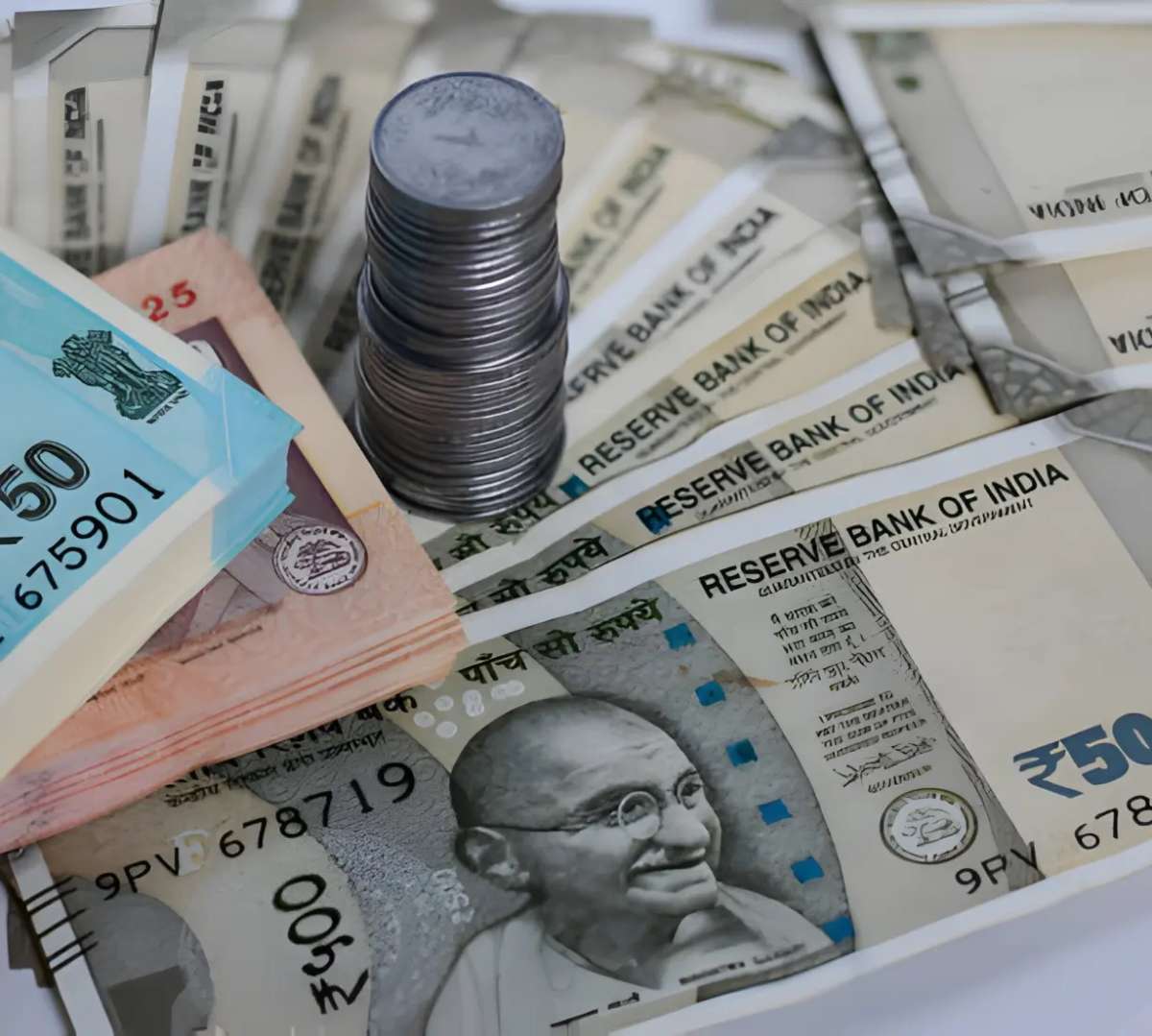Wormald will take over from Simon Case on 16 December as the most senior official in the country
Keir Starmer has appointed Chris Wormald, a career civil servant who heads the health department, to become the new cabinet secretary, prompting criticism from Covid bereaved families over his record during the pandemic.
In what will be seen by some as a surprise choice, Wormald, who has spent eight years as permanent secretary at the Department of Health and Social Care, will take over from Simon Case on 16 December as the most senior official in the country, an official announcement said.
Wormald was viewed as arguably the most traditional and low-key of the four-strong shortlist, and was the least tipped of the group to take over from Case in a role that includes being head of the civil service.
Olly Robbins, who oversaw Brexit negotiations under Theresa May before leaving the civil service, was seen as a possible favourite. Also in the frame were Antonia Romeo, permanent secretary at the Ministry of Justice, and Tamara Finkelstein, who holds the same role in the environment department.
Wormald will, however, arrive with some baggage and residual controversy, connected mainly to his role in the health department at the start of the Covid pandemic.
Some evidence from the official inquiry into Covid has linked Wormald, who gave evidence in November last year, to what was seen as a wider prevailing complacency that the UK was well prepared for any pandemic, with a knock-on effect for NHS and care services.
In evidence later that month, Patrick Vallance, who was the UK government’s chief scientific adviser at the time, said he had been reprimanded by Wormald, as well as Mark Sedwill, then cabinet secretary, for calling for more urgent action to be taken against the virus in mid-March 2020.
Vallance said Wormald had been “incandescent” with anger at his actions, because he had not raised the idea through more formal channels.
Barbara Herbert from the Covid 19 Bereaved Families for Justice UK group said it was “unbelievably frustrating and worrisome” to see Wormald promoted.
“Time and again, Christopher Wormald has refused in the UK Covid Inquiry to accept failures on behalf of the Department of Health and Social Care, despite irrefutable evidence to the contrary, backed up by the experiences of everyone in the UK during the pandemic,” she said. He had, Herbert added, “failed to prepare the Department for Health and Social Care for the pandemic, despite a pandemic being entirely foreseeable”.
However, Sajid Javid, who was health secretary after the peak of the pandemic, called the appointment of Wormald “a smart choice”.
He said: “Having worked closely with him during my time at Health and Social Care, I saw just how brilliant and dedicated he is. He’s got a sharp mind, a deep understanding of how government works, and he delivers results, even in tough situations.”
Wormald also previously headed the Department for Education. He had stints in the Cabinet Office and the communities department, and as principal private secretary to Blair-era Labour ministers Estelle Morris and Charles Clarke.
Case announced in September that he would step down on health grounds after four years in the job, after undergoing medical treatment for a neurological condition. He had also been linked to controversies over leaks and internal rows during the first months of the Starmer government.
Announcing the decision, Starmer thanked Case “for his service to our country and for the invaluable support he has given to me personally during my first months as prime minister”, adding: “He has been a remarkable public servant over many years, and our best wishes go to him and his family as he now takes time to focus on his health.
“I am delighted that Chris Wormald has agreed to become the next cabinet secretary. He brings a wealth of experience to this role at a critical moment in the work of change this new government has begun.”
Ex-health secretary Sajid Javid described Sir Chris as “brilliant and dedicated” while another former health secretary, Matt Hancock, said he was a “natural reformer” who knew “where the bear-traps are”.
However, another former colleague has been less complimentary. Dominic Cummings, a senior No 10 adviser during the pandemic, said: “Today should be a wake-up call to all investors in UK and young talent. The Westminster system is totally determined to resist any change and will continue all the things of the past 20 years that have driven us into crisis.”
In May 2016, Chris became the most senior civil servant in the Department of Health and over the next eight years worked with no fewer than seven different secretaries of state from Conservative Jeremy Hunt through to Labour’s Wes Streeting.
In that role, he oversaw important policies and decisions made after Covid emerged. And also – crucially – in the years before the virus started spreading, when planning for a pandemic was meant to be taking place.
He has already given evidence on three separate occasions to the public inquiry into the government’s handling of the crisis. Following one of his evidence sessions, one lawyer for the Covid Bereaved Families for Justice group accused him of providing “an object lesson in obfuscation, a word salad, so many, many words, so very little substance”.
In November 2023, the Covid inquiry published text messages he exchanged with his then-boss, Cabinet Secretary Mark Sedwill. These were sent on 12 March 2020, less than two weeks before the country entered its first national lockdown.
In the messages, Lord Sedwill wrote: “Presumably like chickenpox we want people to get it and develop herd immunity before the next wave. We just want them not to get it all at once and preferably when it’s warm and dry.”
ALSO READ: UK, US, France, Germany urge ‘de-escalation’ in Syria




